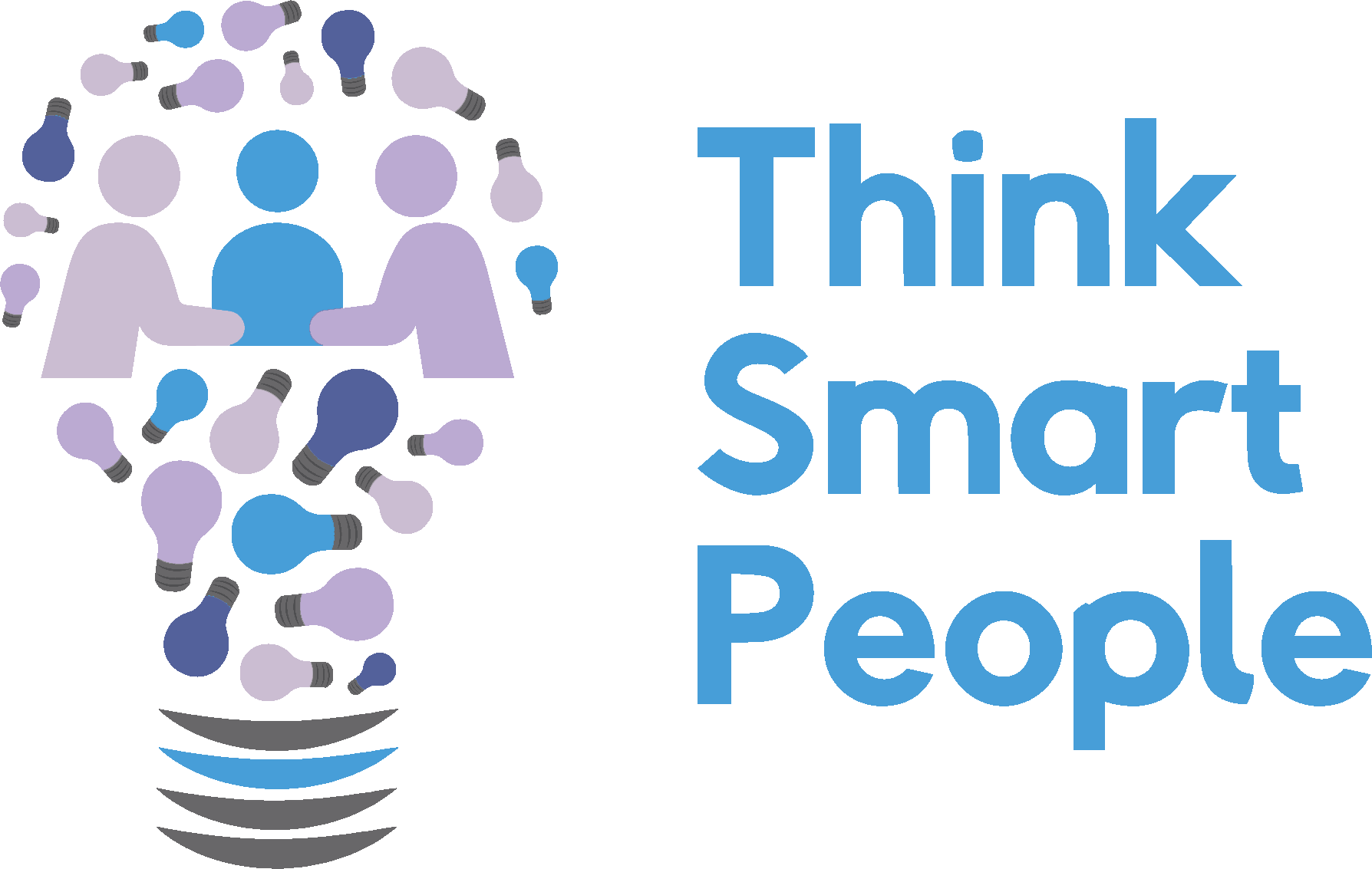HR And Payroll Systems UK: The Benefits Of Automating Your Payroll Process
HR And Payroll Systems help businesses manage employee payments, tax calculations, and compliance with payroll regulations. Automating payroll using these systems removes manual errors, speeds up processes, and ensures employees are paid accurately and on time.
Many businesses still rely on spreadsheets and manual calculations for payroll, which increases the risk of errors and delays. Automated HR And Payroll Systems UK solve this problem by processing salaries, calculating tax deductions, and ensuring compliance with employment laws without manual input. This not only saves time but also reduces costly payroll mistakes.
Automated payroll systems also simplify record-keeping. Businesses can store employee payment records, tax filings, and leave balances in one place. This makes audits easier and ensures businesses remain compliant with HMRC regulations. Additionally, cloud-based payroll systems allow payroll teams to access data securely from anywhere, making remote payroll management possible.
Beyond payroll, many HR Payroll Systems UK also include HR features such as employee attendance tracking, holiday management, and performance reviews. This helps businesses streamline workforce management while reducing paperwork.
In this article, we will explore the key benefits of automating payroll, how HR And Payroll Systems UK work, and why businesses should consider upgrading from manual processes. Whether you run a small business or a growing company, automating payroll can save time, reduce errors, and ensure smooth operations.
How HR Payroll Systems Work: Why Businesses Need Them
HR Payroll Systems simplify salary processing, tax management, and workforce administration. Automating payroll improves accuracy, ensures compliance, and reduces workload for HR teams. Understanding how these systems function helps businesses optimise payroll operations.
1. Automating Salary Processing: HR payroll software calculates wages without human input. The system processes payments based on hours worked, overtime, bonuses, or deductions. Employees receive correct salaries without manual adjustments. This method prevents calculation mistakes that lead to underpayment or overpayment.
2. Tax Compliance Management: Payroll software applies tax codes, National Insurance contributions, plus pension deductions according to UK laws. The system ensures compliance with HMRC requirements while automating tax returns. Businesses avoid penalties due to miscalculations or late submissions.
3. Employee Self-Service Portals: Payroll systems often include a portal where staff can access payslips, tax details, or request leave. This feature reduces HR workload, allowing employees to retrieve necessary records independently. Updating personal details or submitting queries becomes effortless with this option.
4. Leave Tracking Plus Attendance Monitoring: Payroll software integrates with workforce management tools. When staff take annual leave or sick days, the system automatically adjusts salary calculations. This feature ensures payroll accuracy while keeping absence records updated. Tracking attendance also improves workforce planning.
5. Secure Cloud-Based Access: Many modern payroll solutions operate on cloud platforms, allowing remote access to HR teams and business owners. This option ensures payroll processing continues smoothly, regardless of location. Cloud-based platforms also offer encrypted security, reducing risks related to data loss or cyber threats.
6. Reducing Manual Work While Boosting Efficiency: Manual payroll processing consumes time and increases errors. Payroll automation eliminates repetitive tasks, freeing HR teams to focus on strategic business operations. The efficiency gained improves overall workflow, allowing staff to allocate resources to higher-value responsibilities.
HR Payroll Systems streamline salary calculations, tax deductions, and workforce management. Businesses benefit from improved efficiency, compliance, and reduced administrative workload, making payroll automation essential for modern workplaces.

Key Benefits Of Automating Wages With HR Systems
Automating salary management improves efficiency, reduces errors, and ensures compliance. Businesses that switch from manual processes to HR systems save time and create a smoother workflow.
Faster salary processing: Automation eliminates payment delays. Manual calculations take time and increase the risk of late payments. HR software ensures wages are processed on schedule, preventing disruptions and maintaining employee trust.
Error reduction: Automated systems improve accuracy. Mistakes in salary calculations can cause underpayments or overpayments, leading to financial losses. HR software processes salaries based on pre-set rules, ensuring precise calculations without human errors.
Tax compliance: Software ensures correct deductions. Tax miscalculations result in penalties and compliance issues. Automated systems apply tax codes, calculate National Insurance contributions, and submit tax reports on time, keeping businesses in line with HMRC regulations.
Efficient record-keeping: Digital storage prevents data loss. Employee wage records, tax filings, and leave balances remain accessible in one secure location. HR software allows quick retrieval of records, simplifying audits and compliance checks.
Employee satisfaction: Transparency builds trust. Self-service portals give employees access to payslips, tax details, and salary breakdowns. Easy access to financial information reduces HR inquiries and improves workplace morale.
Cost savings: Automation reduces administrative expenses. Manual wage processing consumes HR time and resources. HR software eliminates repetitive tasks, allowing HR teams to focus on business growth and employee well-being.
Scalability: Automated systems grow with the business. As businesses expand, salary structures become more complex. HR software adapts to changing workforce needs, making it easier to manage payroll adjustments without additional workload.
By switching to automation, businesses improve accuracy, efficiency, and compliance while reducing administrative burdens. HR software provides a structured approach to salary processing, ensuring smooth operations with minimal effort.
Common Salary Management Challenges And How HR Systems Solve Them
Handling wages manually creates problems that lead to inefficiencies, compliance issues, and financial risks. HR systems eliminate these challenges, allowing businesses to focus on growth.
Late salary payments: Processing delays lower employee confidence. Manual calculations and last-minute changes increase the risk of late payments. HR software automates salary processing, ensuring employees receive wages on time.
Tax miscalculations: Incorrect deductions result in penalties. Late or inaccurate tax submissions lead to HMRC fines. HR software applies tax codes, calculates National Insurance contributions, and automates tax reports, ensuring compliance without manual errors.
Fraud risks: Manual processing increases financial discrepancies. Without proper controls, businesses face inflated overtime claims or unauthorised salary adjustments. HR software prevents fraud with audit trails, approval workflows, and secure access controls.
Heavy administrative workload: Manual tasks take up HR resources. Calculating salaries, preparing payslips, and managing tax deductions require time and effort. HR systems automate these processes, reducing workload and allowing HR teams to focus on strategic goals.
Leave miscalculations: Errors affect earnings and employee trust. Manually tracking time off often leads to incorrect deductions or overpayments. HR software integrates leave tracking, ensuring sick leave, holiday pay, and overtime are calculated correctly.
Lack of transparency: Employees struggle to access payment details. Employees frequently ask HR about salary breakdowns, deductions, or tax adjustments. Self-service portals give employees instant access to payslips, tax records, and payment summaries.
Difficulty in handling salary adjustments: Expanding businesses need adaptable solutions. Growing companies require flexible wage structures, bonuses, and benefits. HR software automatically adjusts salary components without additional administrative effort.
Security risks: Employee financial data needs protection. Wage records contain sensitive information that must be secured. Cloud-based HR software protects salary data with encryption, multi-factor authentication, and regular backups.
By eliminating these challenges, HR systems improve efficiency, accuracy, and compliance, making automated salary management essential for business success.

How To Successfully Implement HR And Payroll Systems UK
Switching to HR payroll systems requires a structured approach to ensure smooth integration and maximum efficiency. Businesses must select the right system, train staff, and set up processes that align with company needs. Below are key steps for successful implementation.
- Assess business needs: Identify payroll challenges and HR requirements. Before selecting software, businesses must evaluate existing problems such as late payments, tax errors, or compliance risks. Understanding specific needs helps in choosing a system with the right features.
- Choose the right software: Select a system that matches company size and budget. Businesses should compare software options based on automation capabilities, compliance features, and scalability. Cloud-based solutions offer flexibility, while on-premise software may provide more control over data.
- Ensure compliance: Align payroll processes with UK regulations. Software should support HMRC compliance, ensuring tax deductions, National Insurance contributions, and pension schemes follow legal standards. Built-in reporting features simplify audits and prevent financial penalties.
- Integrate with existing systems: Connect payroll software with HR tools. Integration with attendance tracking, leave management, and accounting software improves workflow. A seamless connection ensures employee data remains consistent across platforms, reducing manual adjustments.
- Provide staff training: Equip HR teams with the right skills. Employees responsible for payroll processing must receive training on using the new system efficiently. Self-service portals should also be introduced to employees, allowing them to access payslips, update tax details, and check leave balances independently.
- Run a test phase: Identify and resolve issues before full implementation. Businesses should conduct a test run by processing payroll for a small group of employees. This helps identify potential errors, data mismatches, or compliance gaps before rolling out the system company-wide.
- Monitor and adjust: Regularly review system performance. Even after implementation, businesses must monitor payroll accuracy, employee feedback, and overall efficiency. Software updates should be installed promptly to keep the system compliant with legal changes.
- Seek expert support: Work with payroll specialists if needed. Businesses that lack in-house HR expertise can benefit from professional assistance. Payroll service providers offer guidance on compliance, software selection, and implementation strategies to ensure a smooth transition.
By following these steps, businesses can successfully implement HR and payroll systems UK that improve efficiency, compliance, and employee satisfaction. A well-planned rollout reduces errors, minimises disruptions, and ensures payroll processes run smoothly from day one.
Automate Your Payroll Process For A More Efficient Business
Managing wages manually increases the risk of errors, compliance issues, and unnecessary administrative workload. By switching to HR and payroll systems UK, businesses can streamline salary processing, ensure tax accuracy, and improve overall efficiency. Automation not only saves time but also enhances employee satisfaction by ensuring timely payments and financial transparency.
At Think Smart People, we understand the challenges businesses face when handling payroll manually. Our goal is to help you transition to a system that simplifies wage management, reduces errors, and ensures full compliance with UK payroll regulations. Whether you’re a small business looking to automate payroll for the first time or an established company needing an upgrade, we provide tailored solutions to fit your needs.
With the right HR and payroll systems UK, businesses gain better control over workforce management, improve record-keeping, and reduce the risk of tax penalties. Employees also benefit from self-service portals, allowing them to access payslips, tax details, and salary breakdowns effortlessly. A well-implemented payroll system ensures operations run smoothly while allowing HR teams to focus on more strategic tasks.
If you’re ready to automate your payroll process, let us help you find the best solution. Contact Think Smart People today to discuss how we can support your business in achieving a faster, more accurate, and fully compliant payroll system. Take the next step towards efficiency and let us handle the complexities of payroll for you.

